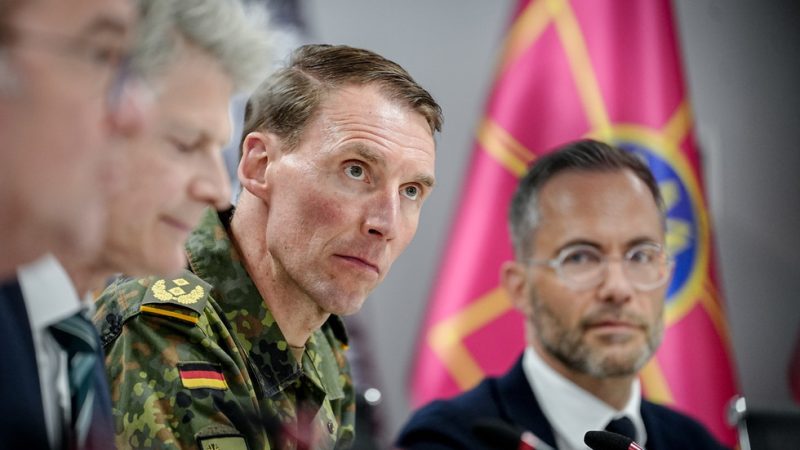
A top German general has confirmed that Ukraine will receive its first shipment of German-funded long-range missiles by the end of July. This announcement, made by Major General Christian Freuding, who oversees Berlin’s military support for Ukraine, comes amidst a deteriorating battlefield situation for Ukrainian forces. Freuding stated that the missiles, numbering in the “high three-digit” range, will be delivered as part of a contract between Ukraine’s Defense Ministry and its domestic weapons industry, with German financial backing secured in late May.
The general also specified that these are not the long-range Taurus missiles that Ukraine has repeatedly requested. Germany has so far resisted supplying these, citing concerns about escalating the conflict and potentially drawing Germany more deeply into the war. Freuding highlighted the urgent need for weapons systems capable of striking deep into Russian territory, targeting crucial infrastructure like depots, command centers, airfields, and aircraft. He acknowledged the growing challenges faced by Ukrainian forces, noting Russia’s slow but steady territorial gains and the increasingly intense aerial attacks, including one recent night which saw over 700 drones and dozens of missiles launched against Kyiv.
This move has drawn strong criticism from Russia. Kremlin spokesman Dmitry Peskov accused Germany of exacerbating the conflict and hindering peace efforts, suggesting that Berlin is engaging in a competition with France to escalate the war. He warned that the provision of any long-range missiles, including the Taurus, would inevitably lead to a significant escalation of hostilities. Russia continues to maintain that its strikes target only military infrastructure and avoid civilian casualties.
The decision to provide long-range weapons, even without the highly sought-after Taurus missiles, is a significant escalation of German involvement in the conflict. It raises questions about the potential consequences, the risk of further escalation, and the overall impact on peace negotiations. The coming weeks will be crucial in assessing the effects of this new military aid and determining its impact on the ongoing conflict.









